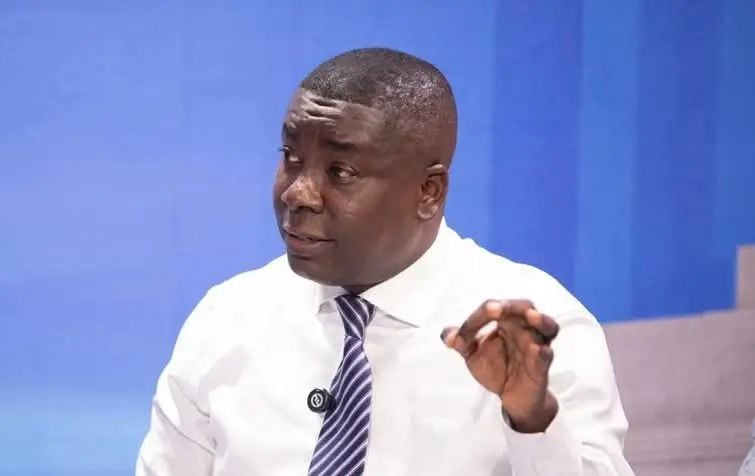The political landscape in Ghana is buzzing with activity as the New Patriotic Party (NPP) gears up for its internal primaries and the subsequent 2028 general elections. Recent events have highlighted the intense competition and underlying tensions within the party, particularly surrounding the candidacy of Dr. Mahamudu Bawumia, the former Vice President. Allegations made by Stephen Ntiamoah, the NPP Secretary for Tano North, have sparked a public rebuttal from Dr. Gideon Boako, Member of Parliament for Tano North and a staunch supporter of Dr. Bawumia. The core of the controversy revolves around Ntiamoah’s assertion that Dr. Boako privately doubts Dr. Bawumia’s electability in the 2028 elections, suggesting that his support is merely a display of loyalty rather than genuine belief.
Dr. Boako has vehemently denied these claims, characterizing them as “wicked” and a product of Ntiamoah’s imagination. He firmly asserts his unwavering belief in Dr. Bawumia’s potential to lead the NPP to victory, emphasizing that his support stems from deep conviction, not blind loyalty. He highlights Dr. Bawumia’s preparedness, credibility, experience, and winnability as the key factors underpinning his endorsement. This public exchange underscores the internal divisions within the NPP and the high stakes associated with the upcoming primaries. The competition between various factions supporting different candidates is intensifying, leading to public pronouncements and counter-pronouncements that reveal the underlying power dynamics within the party.
Dr. Boako’s response serves as a robust defense of Dr. Bawumia’s candidacy and a direct challenge to Ntiamoah’s narrative. By publicly emphasizing his conviction in Dr. Bawumia’s electability, Dr. Boako aims to solidify support for his preferred candidate and dismiss any doubts sown by the opposing camp. He further challenges Ntiamoah to focus on supporting his preferred candidate through legitimate means, such as campaigning and winning the primaries, rather than resorting to spreading falsehoods about other contenders. This highlights the importance of fair play and internal party democracy in the lead-up to the crucial elections.
The broader context of this exchange revolves around the ongoing jockeying for position within the NPP as various factions seek to influence the party’s direction and secure the nomination for their respective candidates. The public nature of these disagreements suggests a potential struggle for control and influence within the party’s hierarchy. The outcome of the internal primaries will undoubtedly have a significant impact on the NPP’s prospects in the 2028 general elections, making the competition for the party’s nomination even more intense.
This incident sheds light on the dynamic and often contentious nature of internal party politics. The public airing of disagreements and accusations, while potentially damaging to party unity in the short term, also provides a platform for open debate and the clarification of differing viewpoints. It allows party members and the general public to assess the strengths and weaknesses of various candidates and their respective campaigns. This transparency, while sometimes messy, can ultimately contribute to a more informed decision-making process.
Ultimately, the success of the NPP in the 2028 elections will depend on its ability to unify behind its chosen candidate and present a cohesive front to the electorate. The current internal jostling for position and the public airing of grievances highlight the challenges the party faces in achieving this unity. How effectively the NPP manages these internal divisions and navigates the primary process will be a key determinant of its electoral fortunes in the years to come. The ongoing debate and the responses to allegations like those made by Ntiamoah provide valuable insights into the evolving political landscape in Ghana and the internal dynamics within the NPP.


